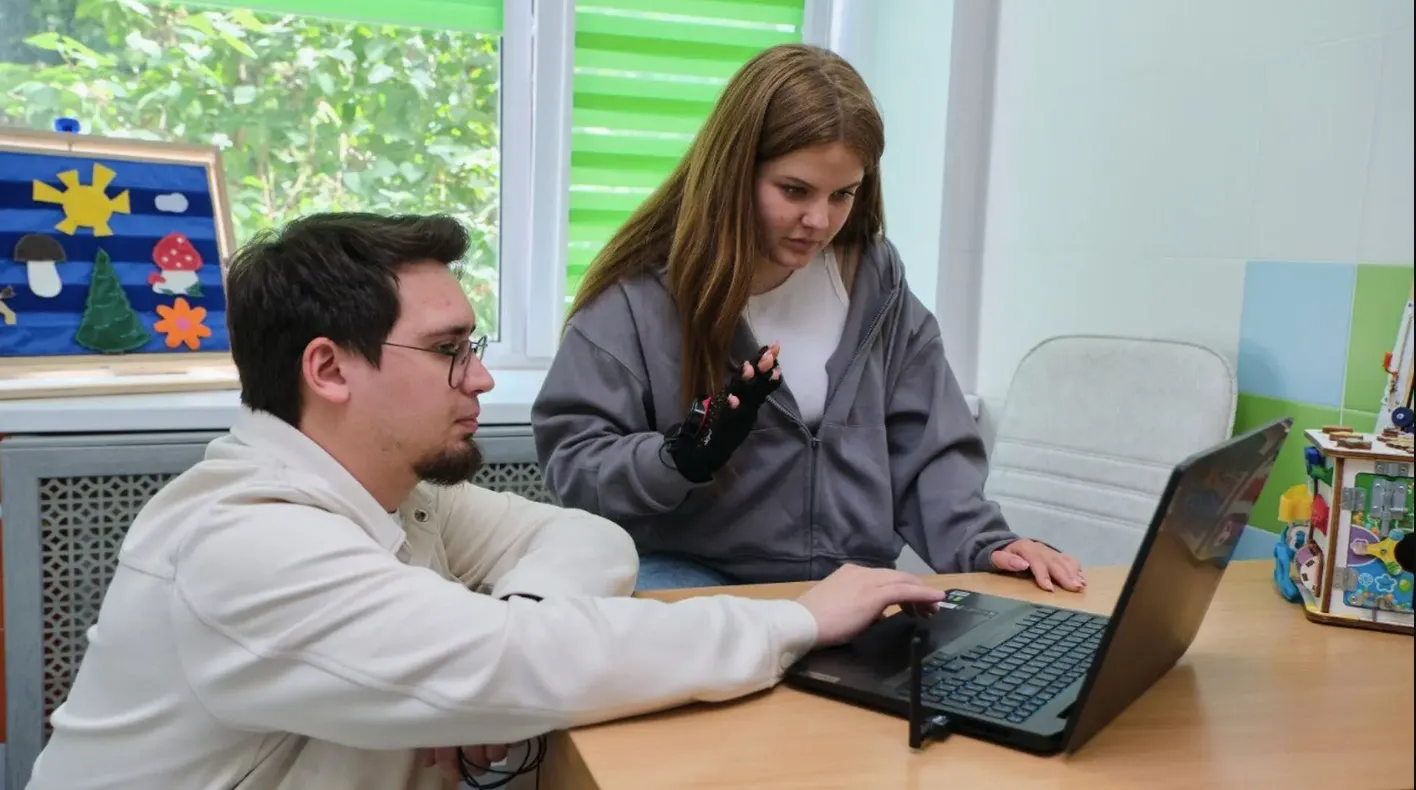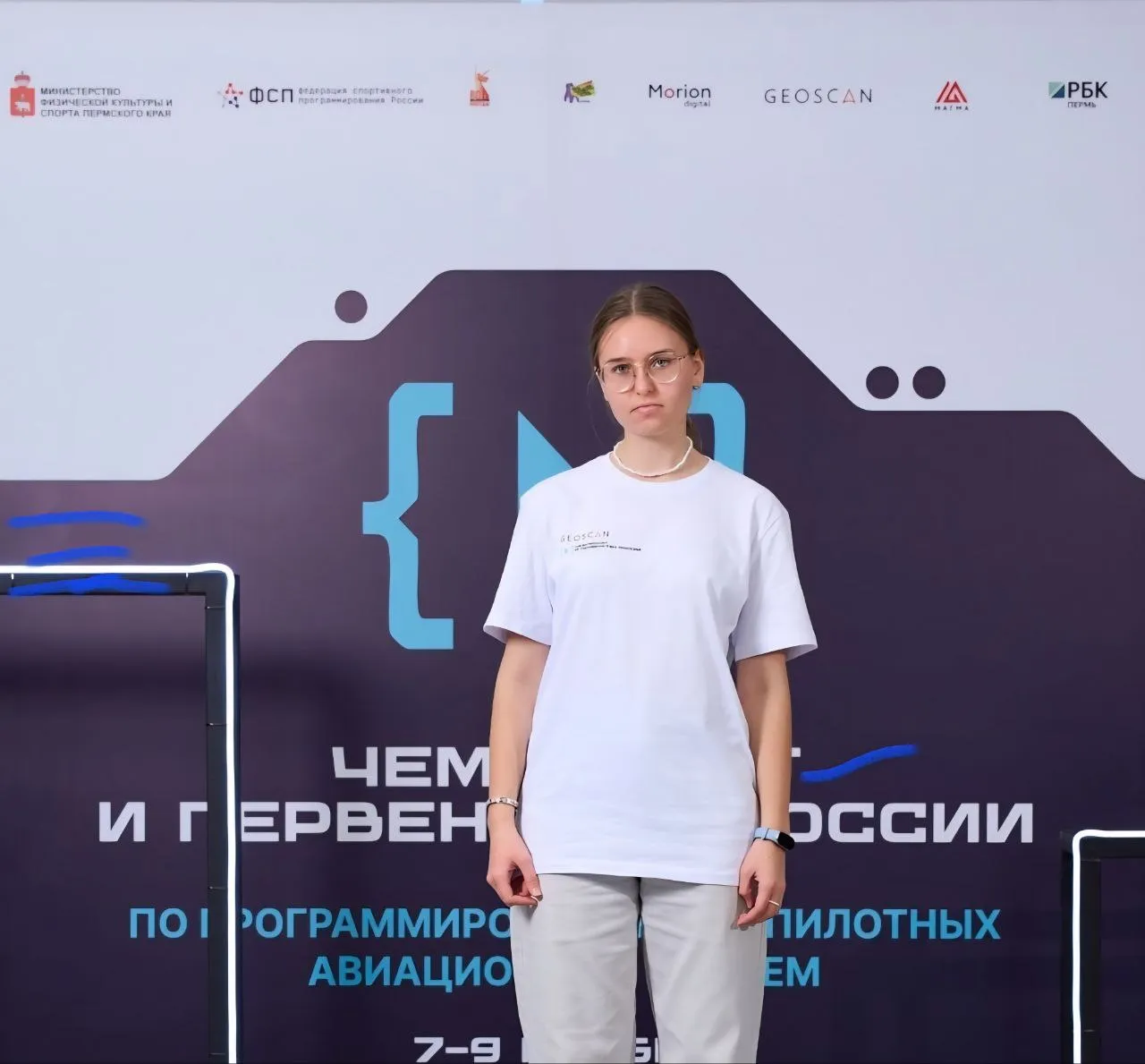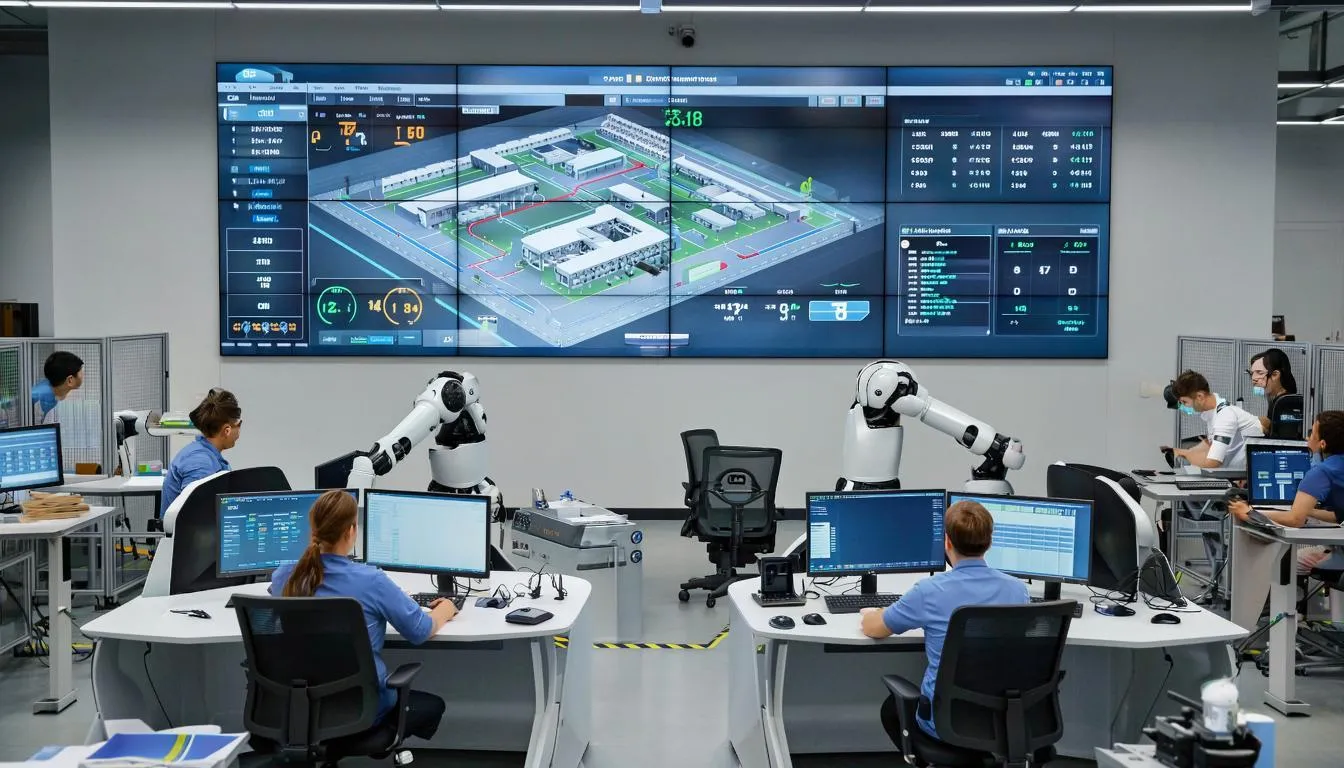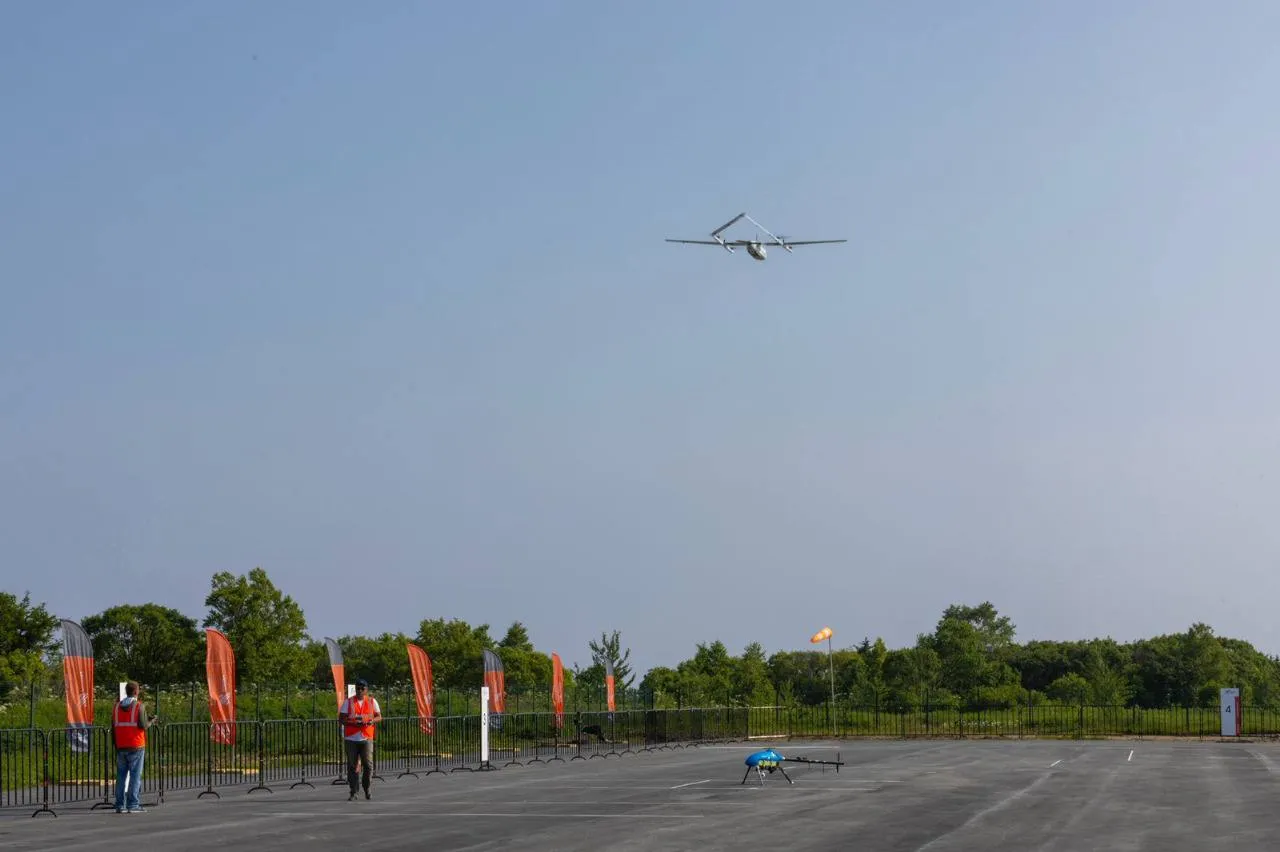Master Plan 2.0: Russia Reboots Urban Planning
Russia is reinventing how cities are planned. The new 'Master Plan 2.0' replaces static blueprints with dynamic digital ecosystems that respond to real-time data — turning urban development into a science of sustainable management.

Russia’s Agency for Strategic Development 'Center' has introduced a framework for transforming urban planning into a living, data-driven process. The concept was presented at the international urban forum UrbanWay, held in Vladivostok last month. The Far East region is already pioneering the new model — with master plans being implemented in 25 cities. The initiative is expected to expand nationwide as part of a presidential directive to develop 200 master plans.
A Digital Nervous System for Cities
Traditional master plans can no longer keep pace with rapidly changing urban realities. The new 'Master Plan 2.0' challenges this paradigm. Rather than a static document, it is designed as an evolving platform — a digital nervous system that continuously absorbs and analyzes data.

The foundation of this transformation lies in cutting-edge technology: digital twins, BIM (Building Information Modeling) for full life-cycle design, geographic information systems, and drone-collected data. The result is a flexible and responsive planning tool. When traffic flows shift or new residential zones strain social infrastructure, the system instantly updates its projections and offers optimized development scenarios.
This approach turns cities into digital organisms, capable of adapting to social and environmental change in real time — a cornerstone of sustainable urban governance.
Balancing Growth, Ecology, and Investment
Unlike traditional urban blueprints, Master Plan 2.0 integrates both economic strategy and measurable sustainability indicators. It aligns the interests of municipalities, residents, and investors — enhancing quality of life, minimizing inefficient infrastructure spending, and boosting territorial attractiveness for green investment.
Urban management becomes more responsive and transparent. Infrastructure projects, transit planning, and new development zones are guided not by long-term assumptions but by real data on mobility, population behavior, and energy consumption. This fusion of analytics and architecture ensures that cities evolve organically while maintaining environmental balance.
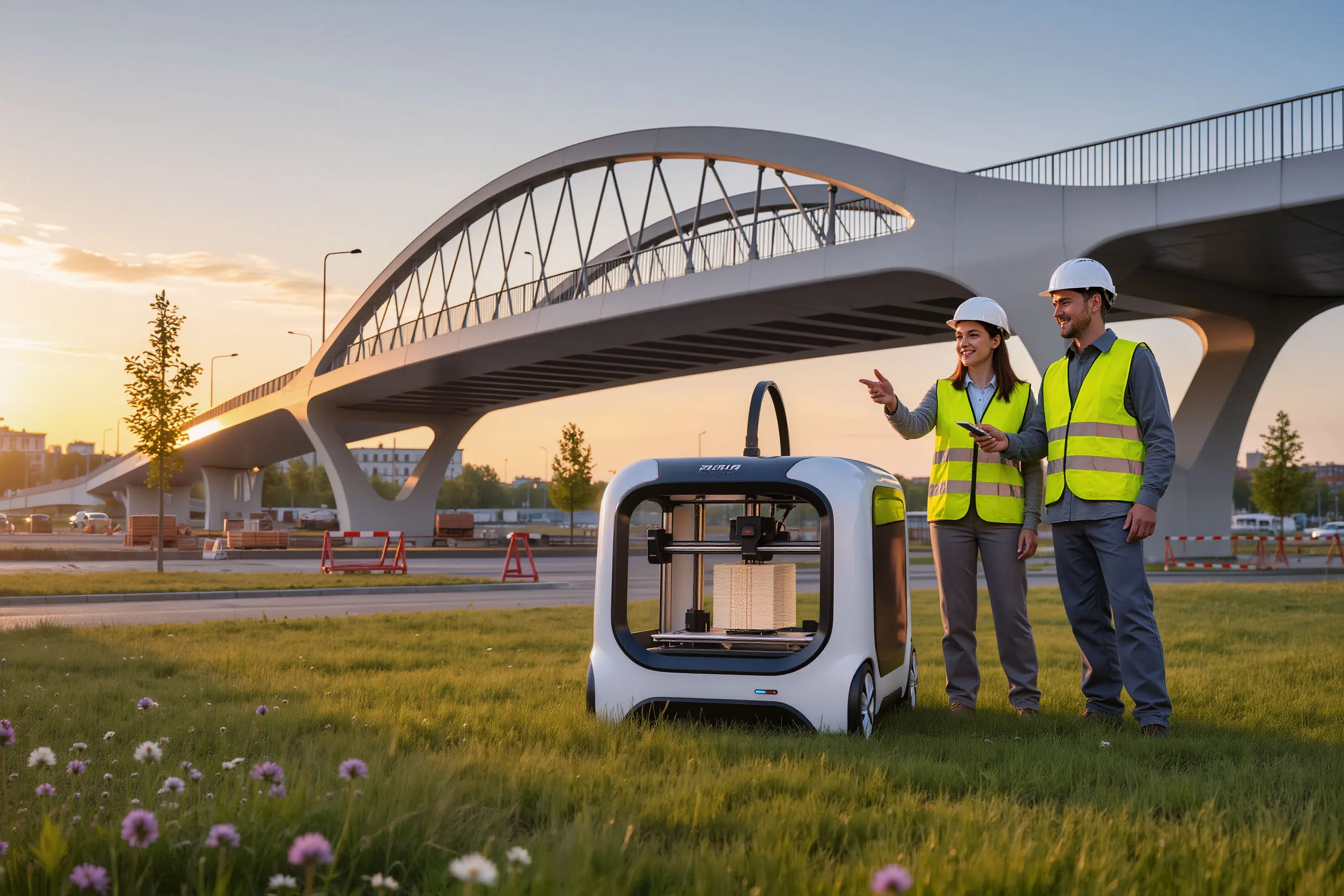
Russia already has 74 approved master plans covering 91 cities, with another 32 in progress. Success stories include New Holland and Sevkabel in Saint Petersburg, the Oktava industrial revitalization in Tula, and the smart city of Innopolis near Kazan. A master plan has also been designed for the national bike route 'Velo1' connecting Moscow and Saint Petersburg — a symbolic step toward a greener, more connected future.
Smarter Cities, Sustainable Futures
Many countries, particularly those experiencing rapid urbanization, struggle with sustainable growth. Russia’s approach — combining data analytics, artificial intelligence, and local expertise — could become a valuable export model in the global smart city market. The country’s digital urban management solutions, already tested domestically, are gaining traction as competitive products for developing economies.

Initially, the new planning model will be implemented in Russia’s largest cities, where it will be integrated with existing 'smart city' systems. Later, it will expand to medium and smaller municipalities, supported by standardized methods, open data ecosystems, and AI-driven predictive modeling capable of recommending optimal development scenarios.
Russia’s Master Plan 2.0 signals a shift from reactive construction to proactive, sustainable city-building. As climate challenges and demographic pressures intensify worldwide, such flexible, data-informed models may redefine not just Russian urbanism, but the global conversation on how cities thrive in harmony with nature.















